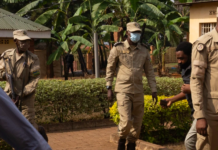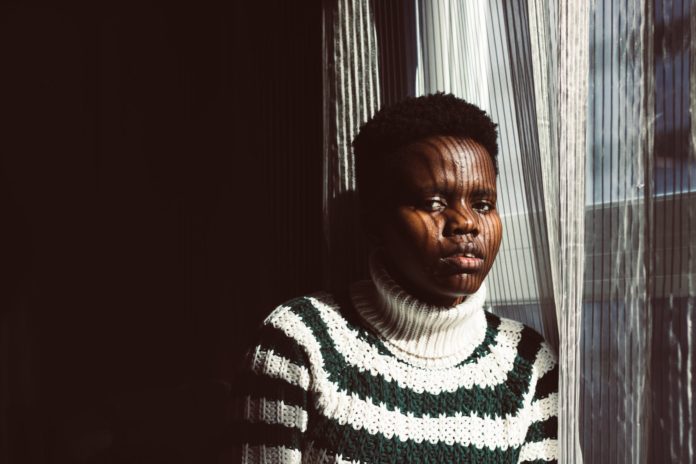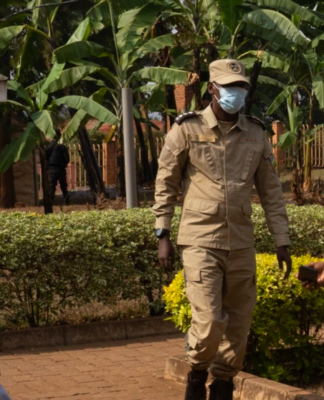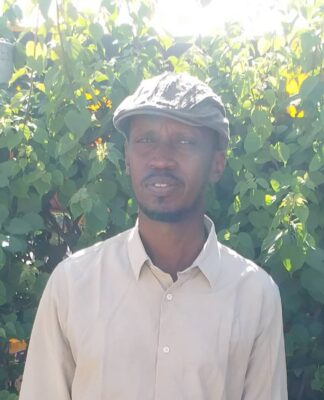It’s estimated that around 100,000 – 250,000 women were raped in Rwanda during the genocide of 1994, and while the tragic event has left its mark in history and on the lives of many, sexual assault and violence still remain prevalent throughout the country, even today. While many believe alcohol to be a driving force behind the violence that many women face, others blame the desperate need for gender equality across the nation.
A widespread issue
While the 1994 genocide remains a powerful reminder of the past, sexual assault is still at large throughout the country. In fact, UN Women report that nearly a third of women and girls between the ages of 15 and 49 will experience some form of sexual or physical violence from their own partners. However, it’s necessary to keep in mind that even the younger generation isn’t exempt from such violence: at least 41% of women experience some kind of violence by the time they reach the age of 15. With such statistics, there is no better time to take action than the present.
Taking action
For survivors of sexual assault and crime, seeking help can be a difficult step for many, though there are a few options when it comes to working through it and also for moving on. For some, counselling can be a valuable tool for mental well-being, though others may choose to take legal action to hold those responsible for the crime accountable for their actions. Finding a good lawyer from a firm that specialises in such cases can prove to be imperative in getting justice. For example, JJS Justice advocates for survivors of sexual abuse, and is relentless when it comes to fighting for justice – in fact, they’ve even recovered over 3 billion dollars on behalf of their clients, proving themselves to be a valuable asset for those who need legal support.
Finding a solution for all
While lawyers and counselling can be great resources for the individual survivors, it’s also necessary for the country as a whole to take action as well, and in some ways it already has. For example, in 2008, parliament passed a law that made it obligatory for citizens to report violence. Not only that, but places like the Isange One-Stop Centre for gender-based violence gives women valuable resources, such as medical care, police/legal support, and even psychological help. Other committees have also been established throughout several communities, and work tirelessly to raise awareness of sexual assault and crime, while also reporting suspects to the authorities, and even referring survivors to services for further assistance. However, there is always more to be done to prevent and handle such circumstances properly.
Sexual assault and related crime have been a widespread issue in Rwanda for many years, and it’s still a problem today. For that reason, it’s necessary to know the facts – and, if you or someone you know is a survivor of sexual assault, knowing your resources and options for moving on can prove to be a valuable resource.





























































